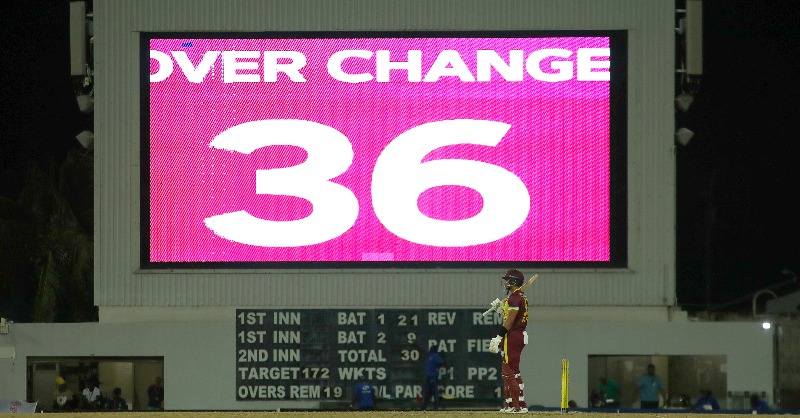 |
| File Photo |
The International Cricket Council (ICC) has made a significant decision by permanently implementing the Stop Clock rule in white-ball internationals, starting from the upcoming T20 World Cup 2024. This rule change, initially introduced as a trial in December 2023, has now been made a permanent fixture in both T20 and One-Day International (ODI) matches.
Under the Stop Clock rule, teams bowling must start their next over within 60 seconds of the previous over's completion, with the clock starting as soon as the over ends. Failure to do so will result in a penalty of five runs imposed on the fielding team. Additionally, if the fielding team successfully starts the next over within one minute of the previous over ending, they will receive only two warnings from the umpire before facing penalties for subsequent violations.
The implementation of the Stop Clock rule aims to speed up the pace of play and ensure timely completion of overs, enhancing the overall flow and excitement of the game. Umpires will closely monitor compliance with this rule, ensuring that teams adhere to the specified time limits.
However, there are certain situations where the Stop Clock rule may be suspended:
1. When a new batsman comes to the crease between overs.
2. During an official drinks break.
3. If umpires approve on-field treatment for a batsman or fielder.
The introduction of the Stop Clock rule reflects ICC's ongoing efforts to modernize and streamline the game, providing fans with a more dynamic and engaging cricketing experience. As teams prepare for the T20 World Cup 2024, they will need to adapt quickly to this new rule to maintain their competitiveness on the international stage.
© www.cricketxpedia.com




